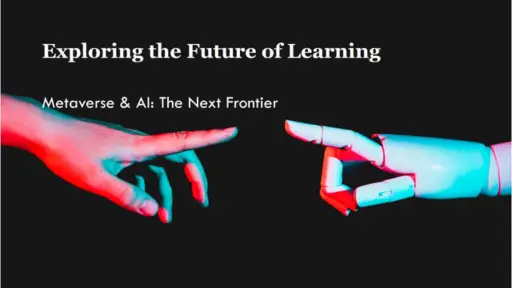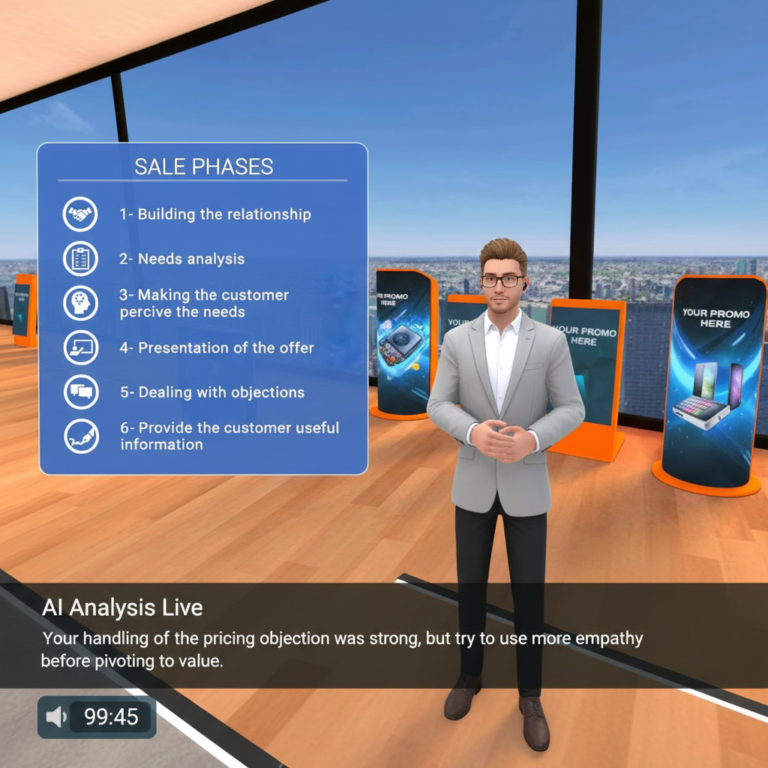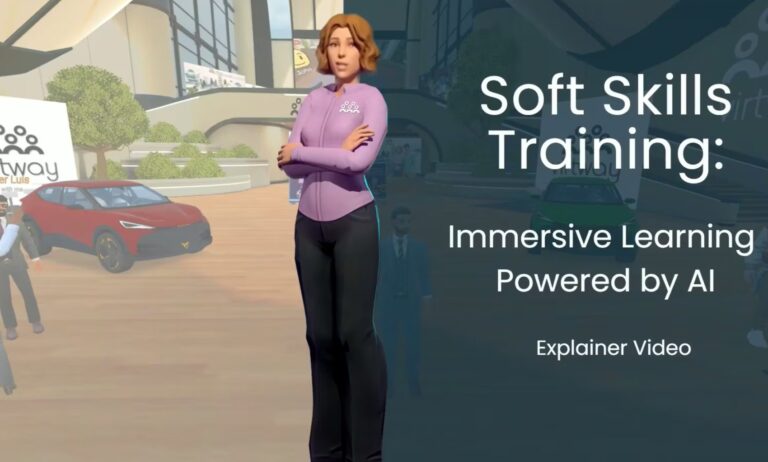
Jose Antonio Tejedor Garcia
Co-founder and CEO of Virtway
As someone who’s always been fascinated by the way the human brain learns—at any age— I’ve spent much of my career exploring different ways to enhance the learning process. From teaching programming during my university years to helping my son navigate the challenges of dyslexia, I’ve come to realize just how crucial it is to find the right tools and environments to foster deeper learning.
One of the most significant challenges I’ve faced, and perhaps the most rewarding, has been teaching my son mathematics. His struggle with dyslexia has highlighted just how important it is to find engaging and effective ways to communicate concepts. This personal experience has only reinforced my belief in the power of technology to facilitate learning. But the question remains: Can the metaverse really improve how we learn?
How the Brain Converts Short-Term to Long-Term Memory
What fascinates me the most is how different content formats can help transition information from short-term memory to long-term retention. It’s not just about presenting facts—it’s about creating an experience that deeply engages the learner and embeds information in ways traditional methods sometimes fall short.
One of the first breakthroughs in this area was the emergence of serious games. In 2011, we [Virtway] had the honor of receiving the “Best European Serious Game” award. While the technology behind it was promising, the format was still relatively limited. Serious games allowed us to integrate learning with gamification, but it was clear that there was still potential for something more immersive and impactful.
Benefits of the Metaverse for Learning
The real game-changer for me has been the rise of virtual worlds—or the “metaverse.” Unlike serious games, the metaverse opens up entirely new possibilities for learning and engagement. Here’s why I believe it holds the key to the future of education and training:
- Zero-Cost Mistakes: In the metaverse, users can explore complex concepts and environments, make mistakes, and repeat as needed—just like in real life. Every time they fail and try again, they learn and improve.
- Easy Gamification: The metaverse is inherently designed for gamification. Whether it’s through immersive simulations or interactive challenges, you can easily integrate elements that make learning fun and engaging, pushing students to stay invested in the material.
- Collaborative and Competitive Learning: Unlike traditional online learning methods, the metaverse supports both collaboration and competition. Whether it’s working together on a project or competing in a virtual challenge, these elements of interaction can stimulate deeper learning through social engagement.
The Metaverse + AI, The Next Frontier in Learning
But the real excitement comes when you combine AI with the metaverse. The new agents we’ve integrated don’t just serve as information sources or consultation tools—they behave like humans.
They can take on roles, evaluate user performance, and even simulate emotions. I’m truly impressed by the enormous potential this has for organizations.
Unlocking Soft Skills for Enhanced Productivity
One of the most exciting aspects of this technological advancement is its ability to cultivate soft skills, which are crucial for any organization. Training teams in essential skills such as teamwork, empathy, conflict resolution, creativity, time management, leadership, active listening, resilience, self-control, negotiation, working under pressure, emotional intelligence, decision-making, professional ethics, and customer service can lead to a massive increase in productivity.
The metaverse, when coupled with AI, can create immersive training environments that simulate real-life scenarios, allowing users to practice and refine these soft skills in ways that traditional methods simply can’t match. Whether it’s resolving conflicts in a virtual team, leading a project, or negotiating in high-pressure situations, the metaverse offers a space for individuals to build and strengthen these competencies safely and effectively.
Looking Ahead: AI and the Metaverse as Catalysts for Innovation
The potential for organizations to innovate and scale with the combination of the metaverse and AI is limitless. By offering an environment where both technical skills and soft skills are nurtured, companies can unlock new levels of performance, collaboration, and customer satisfaction.
So, are you ready to explore this new frontier? The possibilities of AI and the metaverse combined are only beginning to unfold, and I believe we’re on the verge of a revolution in learning and development.




